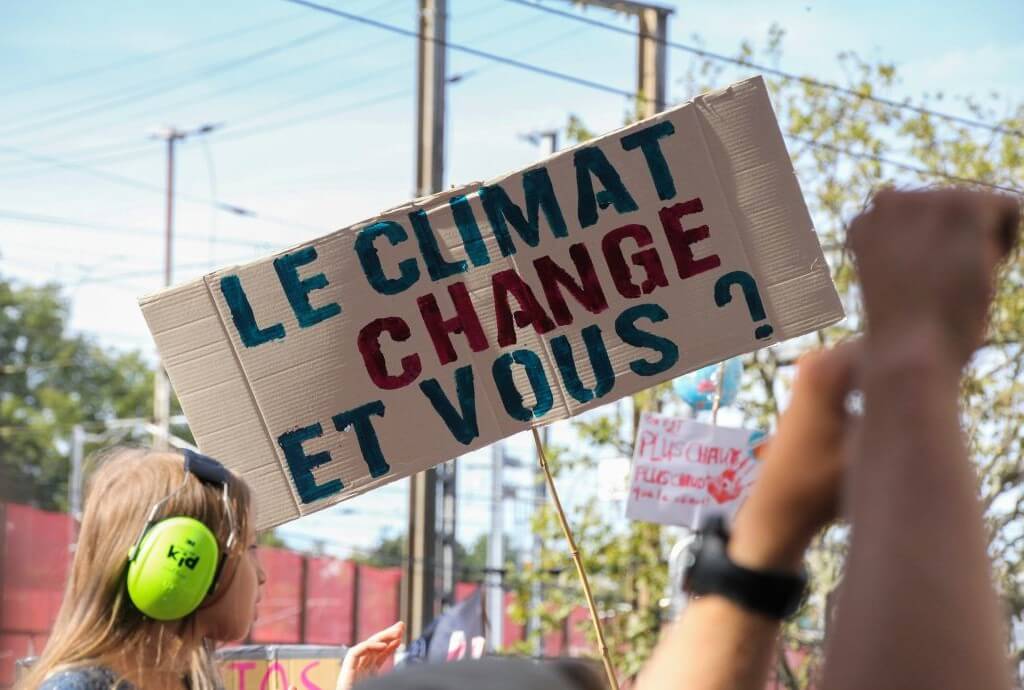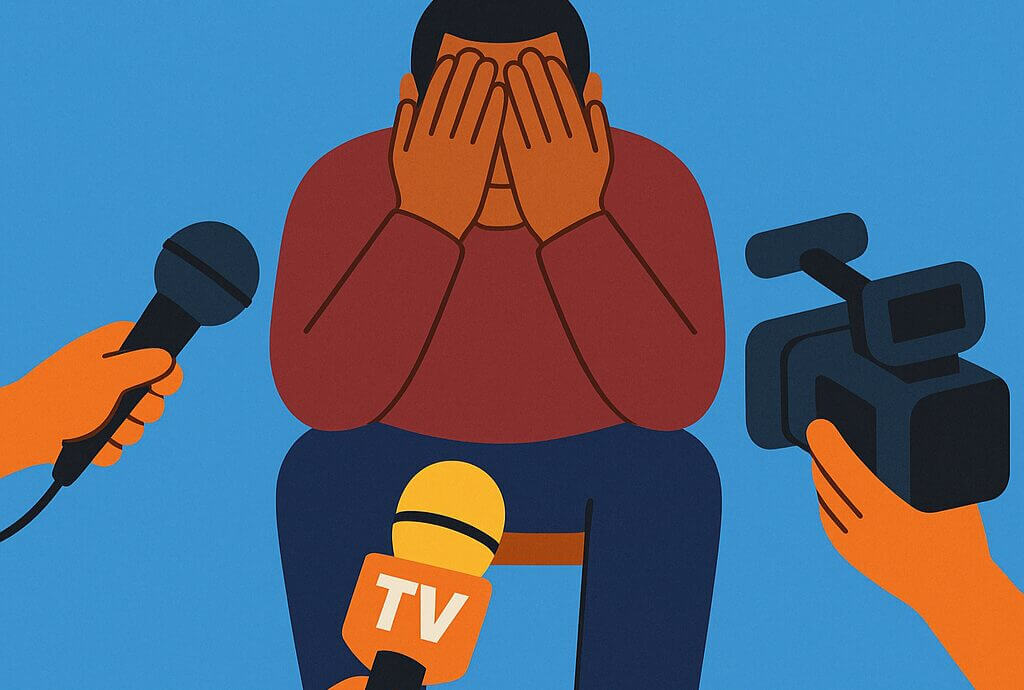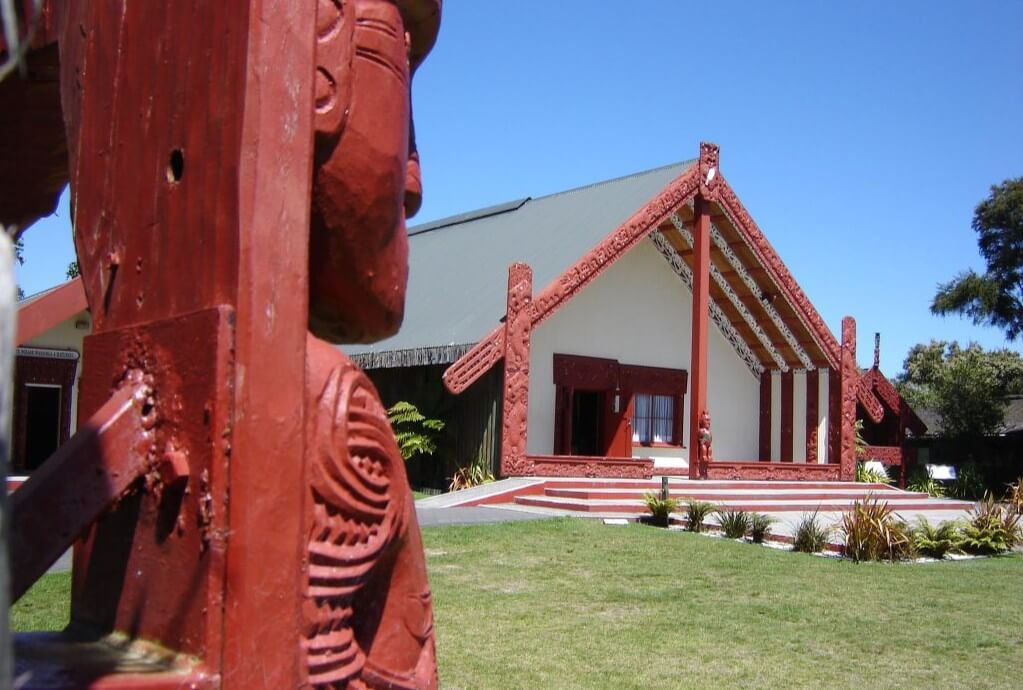In brief
- Matthew Hooton claims Treaty debates are a low voter priority, but does this oversimplify their broader impact.
- Māori/Treaty issues now rank fourth in voter concerns, with close links to governance, health, and the economy.
- Polling methods mask mid-tier concerns like the Treaty by focusing only on top-ranked issues.
- Although some engagement may be driven by a radical minority, record-breaking submissions on the Treaty Principles Bill hint at its wider importance.
Right facts, wrong conclusions
Matthew Hooton’s recent article for The NZ Herald, “Treaty Principles Bill submissions received, but there are issues leaving race debate in dust,” delivers accurate polling data but we disagree with his conclusion.
He suggests that the Treaty debate is only a distant concern for voters, but his interpretation may be ignoring the broader relevance of these issues to the political and social landscape.
More than just the Treaty Principles Bill
Hooton’s argument hinges on data from a recent Curia poll, which groups “Māori/Treaty” issues together. While the Treaty Principles Bill might not rank as a top concern, this category encompasses much more than the bill itself. Governance, health, and social division are all intertwined with Māori/Treaty issues, making their impact far-reaching, even if indirectly.
Treating the Treaty Principles Bill as an isolated issue fails to recognise its role as part of a larger puzzle affecting New Zealanders.
The growing importance of Māori/Treaty issues
It’s worth noting that public concern for Māori/Treaty issues has surged. Previously outside the top 10, these concerns now rank fourth among voters’ priorities in the most recent survey—above Law & Order, Education, and the Environment. This shift reflects a growing awareness and engagement, even if sometimes it is not obvious when looking at the data.
Curia’s additional data provides further insight. While rankings force voters to prioritise only their top three concerns, a broader rating system paints a different picture.
When respondents scored issues on a scale of 1 to 10, eight issues received scores of 8/10 or higher. This suggests voters are grappling with a wide range of serious issues, and the Treaty debate is undoubtedly intertwined within this landscape.
Flaws in ranking systems
Relative rankings, like those used by Curia and IPSOS, often fail to capture the full picture. By focusing on only the top three concerns, these polls suppress visibility of “mid-tier” issues that might still hold significant weight for voters.
For example, concerns about inflation, healthcare, and the Treaty may all rank high in voters’ minds but not make the cut in a strict ranking system.
A deeper look at public engagement
Beyond polling data, the scale of public involvement in the Treaty debate is notable. The unprecedented 300,000 plus submissions on the Treaty Principles Bill— at least three times the previous record for any legislation in New Zealand—show that this is an important issue to Kiwis.
Te Pāti Māori’s large-scale hikoi and widespread media coverage reinforce this. While Hooton’s point about fringe voices making noise has merit, the unprecedented public engagement suggests deeper, widespread concern about the bill’s broader implications.
Image: Cle0patra



















